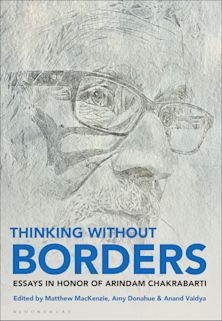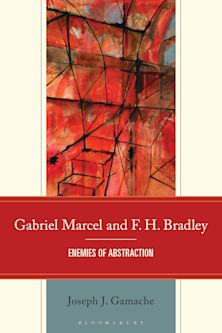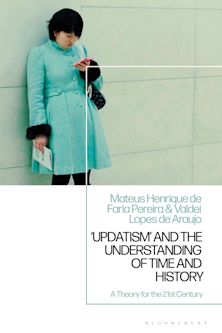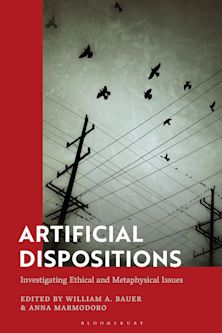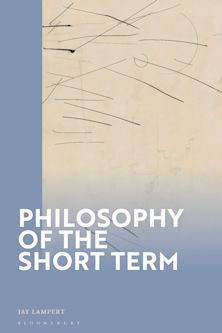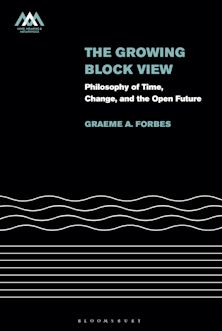Problem-Solving Technologies
A User-Friendly Philosophy
Problem-Solving Technologies
A User-Friendly Philosophy
This product is usually dispatched within 1 week
- Delivery and returns info
-
Free US delivery on orders $35 or over
Description
From hammers to robots, this book embarks on a comprehensive metaphysical exploration of how we should understand and study technological objects and systems. It reconstructs the metaphysics of technology and offers a unique perspective on the identification and functional classification of objects. Arguing that universal and static approaches are ill-suited to capture relational properties like usefulness, the book introduces a novel approach, called activity realism, which recognises the dynamic identities that objects acquire by playing roles in different activities.
How can the role and impact of technologies on human activities be incorporated into the metaphysical study of technologies? How do technologies affect the reality of scientifically postulated entities? How can we functionally distinguish between different types of technologies? Problem-Solving Technologies: A User-Friendly Philosophy engages with such fundamental questions. In this thought-provoking book, the study of objects and their categorisations is paired with an examination of the activities in which they play a role. The result is a practically useful philosophy that helps to navigate the conceptual complexities of modern technology.
Table of Contents
Part I: The General Categorisation
2.Artificial Categorisations
3.A User-Friendly Metaphysics
4.Problem Solving Technologies
5.The Conditions for the Possibility of Technologies
Part II: The Particular Categorisation
6.A Taxonomy of Function Theories
7.Conservative Functions vs. Authentic Functions
8.A User-Friendly Theory of Function
Part III: Ontology
9.Existence of Artefacts
10.Reality of Technologies
Part IV: Activity Realism in Practice
11.Scientific Reality
12.The Human, the Technological and the Limitations of Autonomous Systems
References
Index
Product details
| Published | Jan 31 2022 |
|---|---|
| Format | Hardback |
| Edition | 1st |
| Extent | 218 |
| ISBN | 9781538157879 |
| Imprint | Rowman & Littlefield Publishers |
| Dimensions | 9 x 6 inches |
| Series | Philosophy, Technology and Society |
| Publisher | Bloomsbury Publishing |
Reviews

ONLINE RESOURCES
Bloomsbury Collections
This book is available on Bloomsbury Collections where your library has access.

















